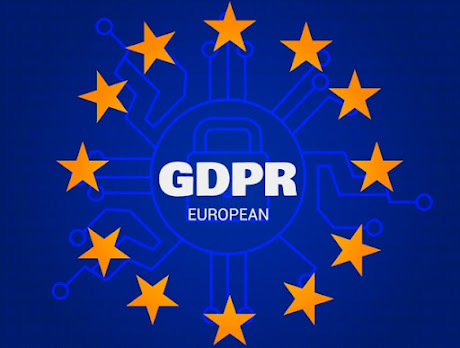Investigation into possible anticompetitive practices by Microsoft regarding Teams opened by European Commission

The European Commission has opened a formal investigation to assess whether Microsoft may have breached EU competition rules by tying or bundling its communication and collaboration product Teams to its popular suites for businesses Office 365 and Microsoft 365. Microsoft is a global technology company offering productivity and business software, cloud computing and personal computing. Teams is a cloud-based communication and collaboration tool. It offers functionalities such as messaging, calling, video meetings, file sharing and brings together Microsoft's and third-party workplace tools and other applications. The coronavirus outbreak accelerated a shift to remote working as well as businesses' transition to the cloud and the adoption of cloud-based software for communication and collaboration. The transition to the cloud has enabled the emergence of new market players and business models offering customers the ability to use multiple types...



















